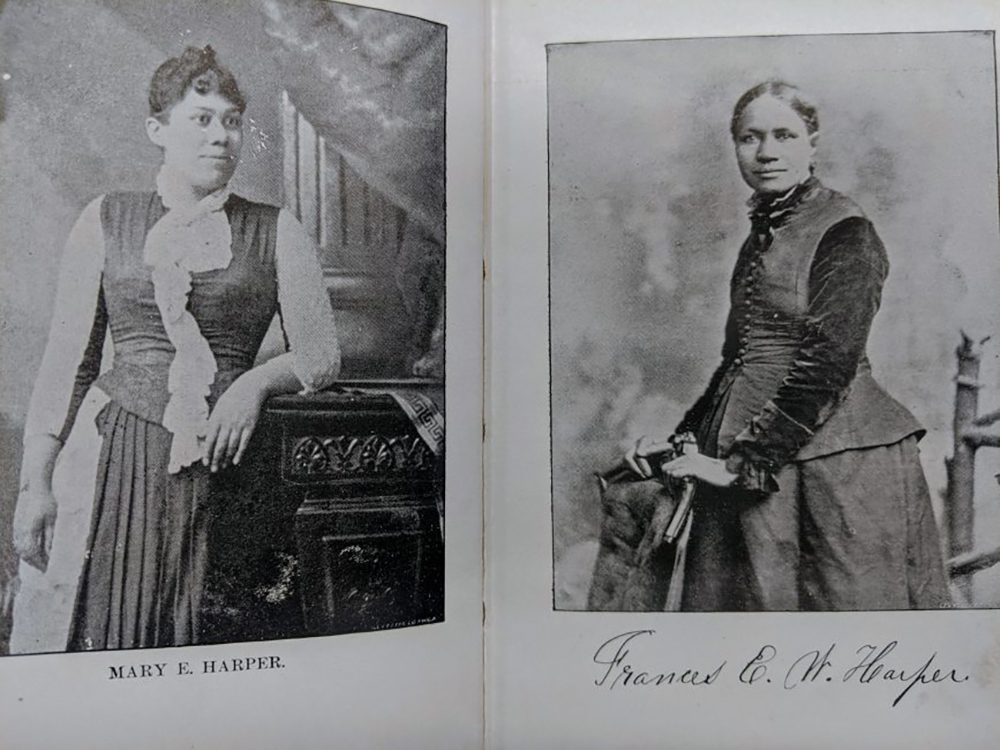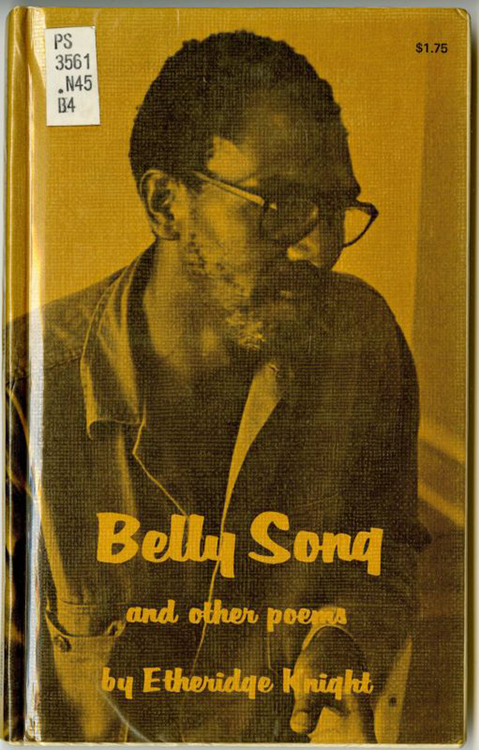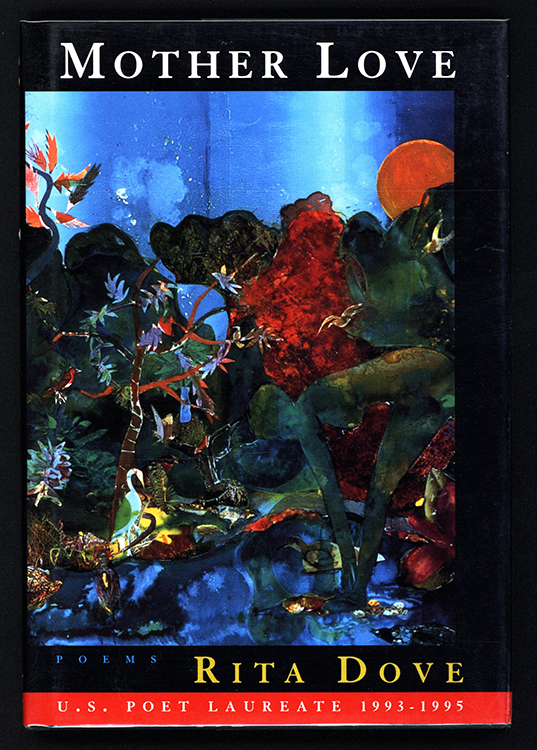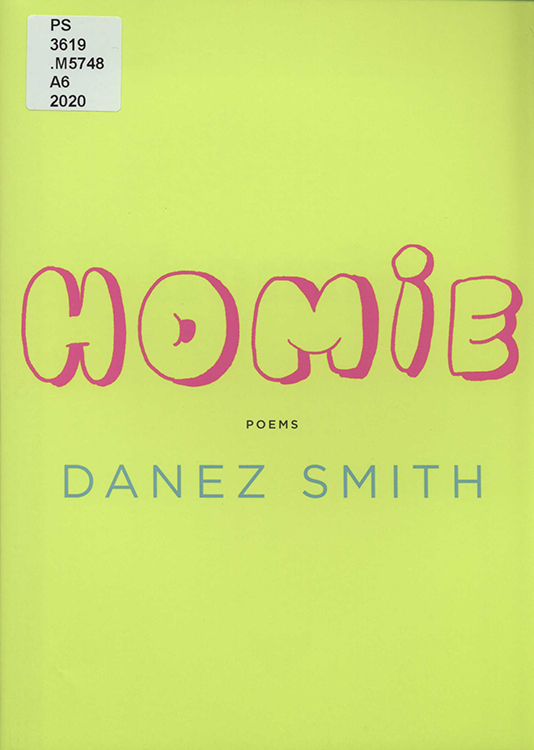Ties of family and community are a perennial subject for poetry. How have they been manifested in the African American poetic tradition? In what ways have African American poets depicted Black communities and their rituals? What is universal in these poems, and what is expressive of the uniqueness of the African American experience?
Frances Ellen Watkins Harper (1825-1911)
Born in Baltimore, Maryland, to free parents, Harper lost both mother and father by the age of three. She was raised by relatives and became an important writer, teacher, and activist in the anti-slavery, suffrage, and temperance movements. In addition to her popular novel Iola Leroy and her contributions to African American periodicals, Harper published numerous poems and poetry collections. Two of the best known poems in her first collection focus on the plight of enslaved families. "The Slave Mother" dramatizes a woman's despair at the moment when "cruel hands" pull her young child "from her circling arms," while "Eliza Harris" narrates the daring escape from slavery of a woman holding her child "close to her bosom." In Atlanta Offering, Harper highlights the importance of family ties by including a portrait of her daughter, Mary E. Harper, opposite her own image and by placing the poem "My Mother's Kiss" at the beginning of the collection.
Etheridge Knight (1931-1991)
Born in Mississippi in 1931, Knight left school at sixteen to join the U.S. Army. He was wounded by shrapnel during the Korean War, and the injury contributed to his substance abuse disorder. As a young man, Knight learned to recite African American folk poetry known as toasts. When he turned to writing poetry in the 1960s, while incarcerated, he continued to uphold the social values of the oral tradition:
The Black Artist has a duty: to perceive and conceptualize the collective aspirations, the collective vision of black people, and through his art form give back to the people the truth he has gotten from them. He must sing to them of their own deeds, and misdeeds.
Knight's first book, Poems from Prison (1968), was published by Broadside Press prior to his release. Belly Song and Other Poems earned both Pulitzer Prize and National Book Award nominations. The title poem is dedicated to the "Daytop Family," in honor of the therapeutic community he discovered while in treatment for substance abuse. In 1990, the year before his death, Knight earned a bachelor's degree in American poetry and criminal justice.
Rita Dove (b. 1952)
Rita Dove served as Poet Laureate of the United States and Consultant to the Library of Congress from 1993 to 1995 and as Poet Laureate of the Commonwealth of Virginia from 2004 to 2006. She has received numerous literary and academic honors, among them the 1987 Pulitzer Prize in Poetry. Her collection Mother Love experiments with the sonnet form and adapts the ancient Greek myth of Demeter and Persephone to examine the dynamics of mother-daughter relationships. As Dove writes, "The Demeter/Persephone cycle of betrayal and regeneration is ideally suited for this form since all three—mother-goddess, daughter-consort and poet—are struggling to sing in their chains." Dove is Commonwealth Professor of English at the University of Virginia in Charlottesville.
Danez Smith (b. Circa 1989)
Danez Smith is self-described as "a Black, Queer, Poz [HIV-positive] writer and performer." They are the author of [insert] Boy (2014), which won the Lambda Literary Award, and Don't Call Us Dead (2017), Forward Prize winner and National Book Award finalist. Smith came to poetry through performance and is a two-time finalist in the Individual World Poetry Slam and two-time champion of the Rustbelt Individual Poetry Slam. The collection Homie celebrates friendship, community, grief, and survival, and its final poem, "Acknowledgments," is a catalog of intimacy from the profane:
i text you & you say, i was bout to text you, bitch
to the profound:
you pull over in Mississippi so i can walk a road my grandfather bled on
Homie has another title that Smith doesn't want "non-black people to say...out loud." As they explain on Twitter, "It has a title for the world and a title for my people."





